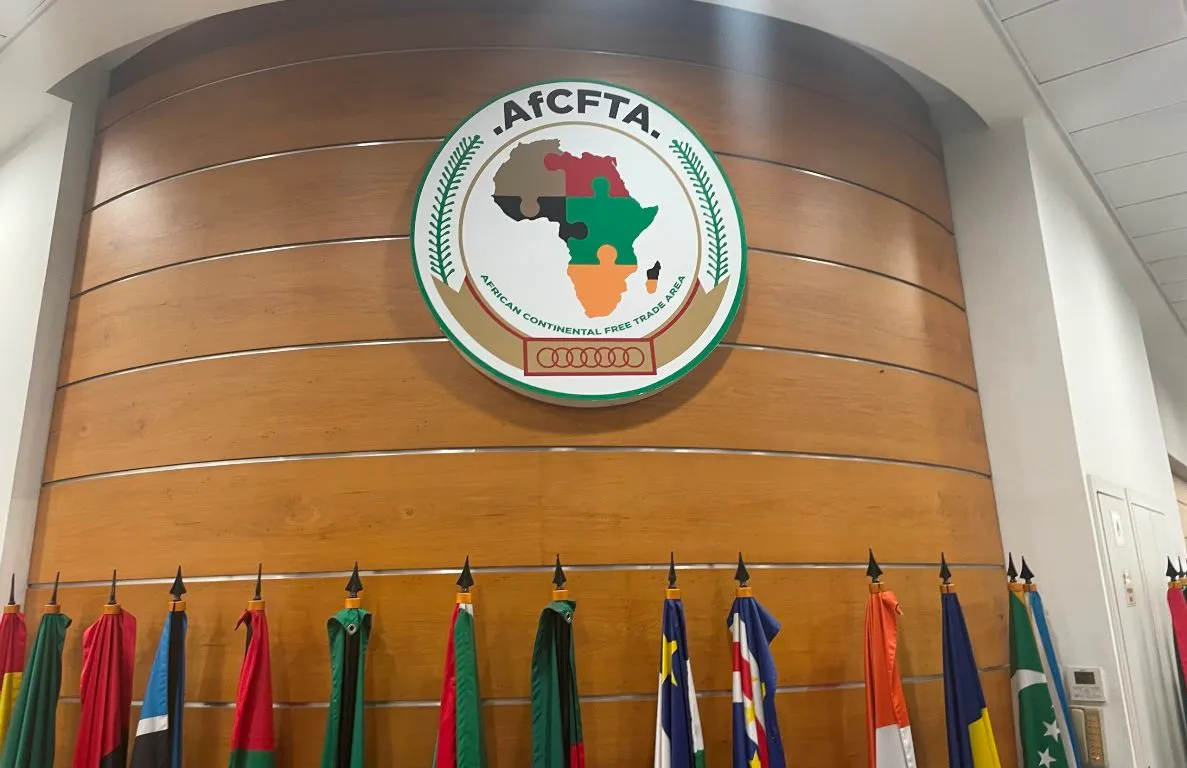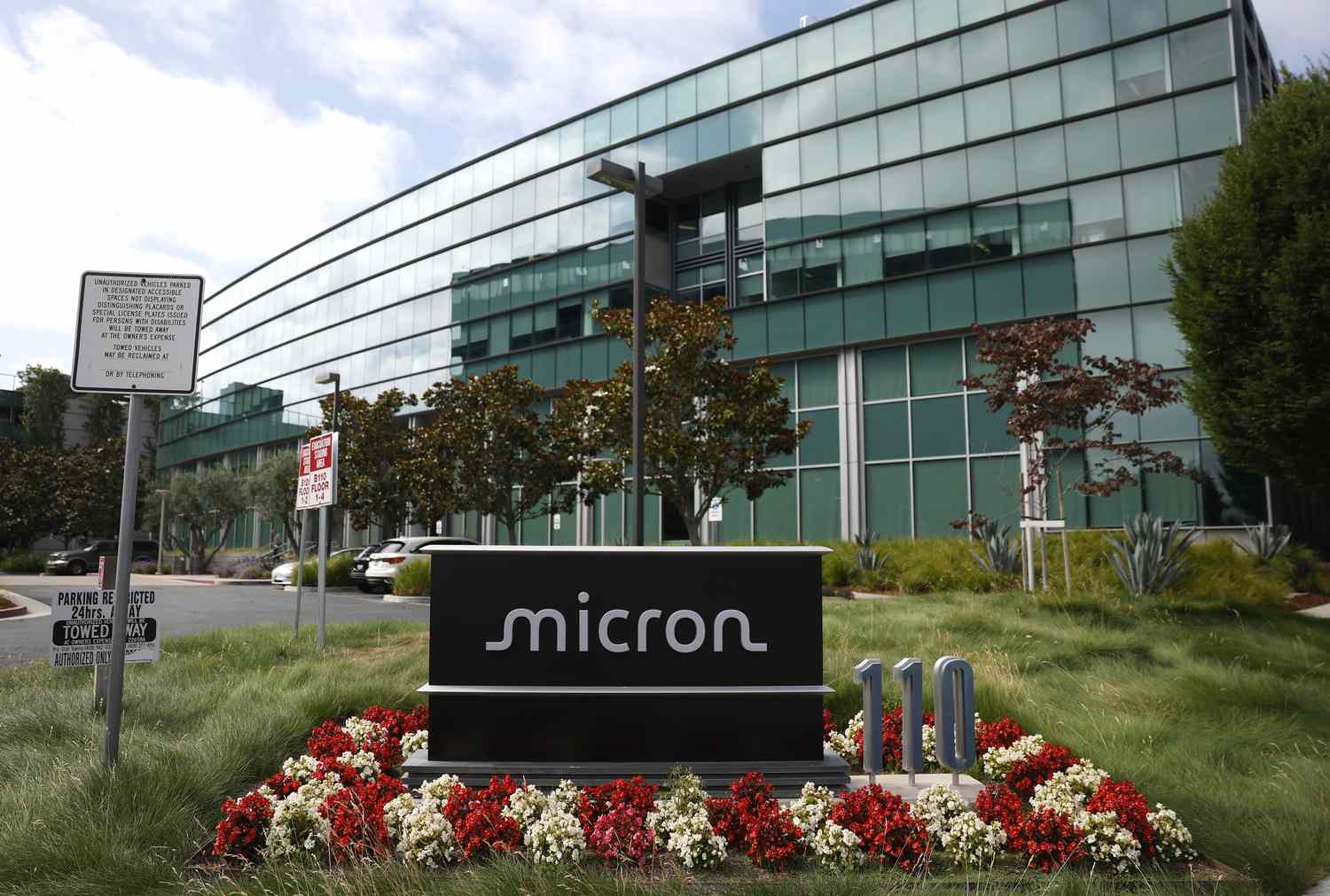The Central Bank of Nigeria has confirmed that it will maintain the Ways and Means Advances to the federal government at a 5% threshold for the fiscal years 2024-2025.
This commitment was outlined in the Monetary, Credit, Foreign Trade and Exchange Policy Guidelines for Fiscal Years 2024-2025, released by the CBN on Tuesday.
The guidelines stipulate that the CBN can provide advances up to 5% of the previous year’s actual collected revenue to the federal government. These advances are required to be repaid within the same fiscal year to avoid creating a long-term fiscal burden.
The document read “Ways and Means Advances shall continue to be available to the Federal Government to finance deficits in its budgetary operations to a maximum of 5.0 per cent of the previous year’s actual collected revenue. Such advances shall be liquidated as soon as possible and shall in any event be repayable at the end of the year in which it was granted.”
CBN further detailed that the Ways and Means Advances will be based on the sub-accounts of various Ministries, Departments, and Agencies linked to the Consolidated Revenue Fund.
This approach aims to ensure a unified cash position for the federal government, in alignment with the Treasury Single Account (TSA) system.
The apex bank said “Consistent with the banking arrangement of Treasury Single Account (TSA), Ways and Means Advances would now be determined after recognising the sub-accounts of the various MDAs, which are now linked to the Consolidated Revenue Fund (CRF) to arrive at the FGN consolidated cash position. This would continue in the 2024/2025 fiscal years.”
The Senate and the House of Representatives had recently approved a bill to raise the percentage of Ways and Means loans that the Central Bank of Nigeria can extend to the federal government.
The Senate approved an increase in the credit facility available to the federal government from the CBN raising the limit from 5% to 10% of annual revenue.
However, a member of the CBN’s Monetary Policy Committee, Murtala Sabo Sagagi, expressed concerns that this proposed increase could significantly boost excess liquidity in the Nigerian economy.










